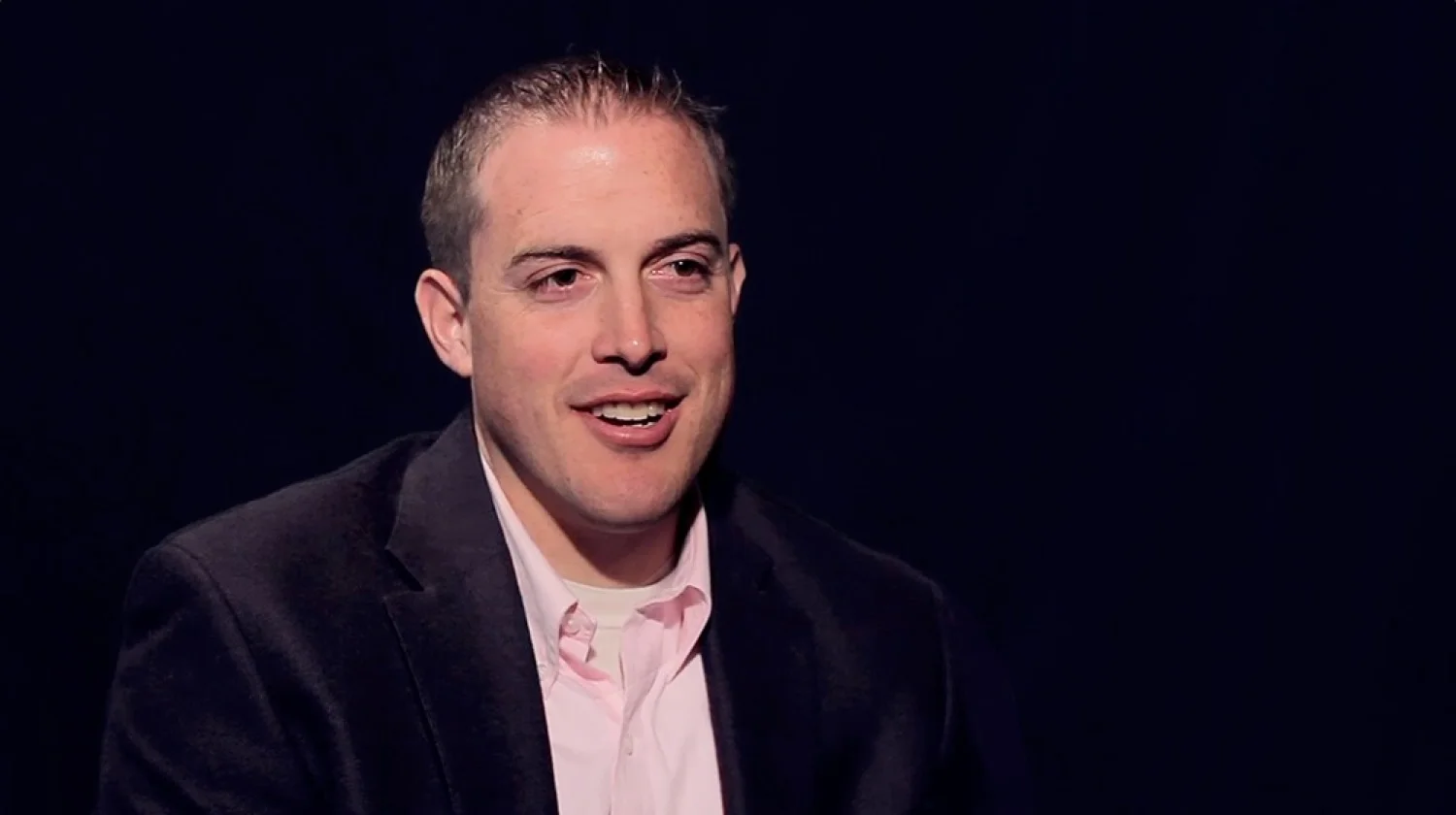In Chapter 1 of 23 in his 2013 Capture Your Flag interview, author and public speaker Simon Sinek answers "How Are Your Aspirations Changing As Your Experience Grows?" Sinek notes how early in his career his aspirations were about personal achievements and goals. With experience, Sinek shifts his focus to helping others grow and learn. He details why generosity and sincerity have been central elements in the transition and provides examples of why others should consider embracing them. Simon Sinek teaches leaders and organizations how to inspire people. Sinek is the author of two books, "Leaders Eat Last: Why Some Teams Come Together and Others Don't" and "Start With Why: How Great Leaders Inspire Everyone to Take Action". He is a public speaker, an adjunct professor at Columbia University and a Brandeis University graduate.
Transcript
Erik Michielsen: How are your aspirations changing as your experience grows?
Simon Sinek: Earlier in my career, my aspirations had to do with me. What can I achieve? What can I do? How much money can I make? That kind of thing. My aspirations have really changed into what can I do for other? How can I help people around me grow, and learn, and do more, and achieve more? And so, my aspirations have a lot less to do with me these days, which not unsurprisingly has been the greatest asset in my own career. It is not unusual to expect that when you give to others that others look after you. The reason to give to others is not so that they will look after you, it is an unintended by-product. There has to be sincerity in the giving, otherwise, it’s not sincere, is it? I mean taking someone out there for a round of golf because you wanna win their business is not sincerely wanting to build the relationship, and it’s just a protracted transaction. The only reason you’re taking them for golf or dinner is because you want something from them. It’s not actually relationship building. Relationship building is I’m taking you out for dinner because I actually wanna get to know you, and whether we do business or not together is irrelevant, that it has to be sincere.
Erik Michielsen: And how has that shown itself, in the actions that you’ve taken, the projects that you’ve taken on?
Simon Sinek: Well, two ways, I would say. The first way is when I have a meeting. I don’t come into a meeting wanting something from the person in the meeting. I will answer every question. We’ll have every discussion. I’m happy to give my ideas away. Someone told me a long time ago that people who are protective of their idea only have one idea. Well, I have a lot of other ideas. And not to mention the fact that when you’re an idea generator, and somebody’s not an idea generator, and they wanna steal your ideas, they have value in you because (chuckles) you can generate ideas. They see value in you. So I tend to not want anything from anybody when I come into a meeting. And it never occurred to me that I was doing that until somebody said, “Why are you so generous in your meetings?” And I was like, “I’m just answering all your questions.” And never would say, “Well, it’s gonna cost you,” or “Well, we’ll have to do a consulting engagement,” or hold anything back with the hope of. That’s one big thing. The other big thing is who I choose to work with. I wanna work with people who have similar values as I do, and so I’ve become more discerning as to who I work with, that people are devoted to other people. Those are the people I wanna work with. And people would sort of scoff at me and say, “Oh well, yeah, you can afford to do that now.” I’ve been doing this my whole life. When I was living paycheck to paycheck, I still did this, which hurt, but, for me, it was worth it, because “Do I wanna make money working with somebody I don’t wanna work with?”, which is then taking time away from finding somebody who I do wanna work with, and so it might have taken longer for me to sort of get the financial stability that I needed, but I certainly don’t regret it.
Erik Michielsen: I distinctly remember you talking about this back in 2003 with some of those old clients from your old company—.
Simon Sinek: Yeah. It was so hard, and I had a business partner back then who used to get very mad at me, like, “Why are we turning away business? We need the business.” And it’s because our values didn’t align. There’s an old Zen Buddhist saying which I love, which is, “How you do anything is how you do everything.” And so, when somebody treats you like dirt or like browbeats you to get a contract? Well, guess what’s gonna be like once you have the contract. So I pay great attention to sort of the courtship, and if the courtship is stressful, I don’t want any part of it, because that’s what the relationship will be like. It’s an indicator of what you’re gonna expect and it always is. Nobody ever says, “Well, I’m just like this now, and then I’ll be nice.” Like, “I’m only abusive while we’re dating, but once we get married, don’t worry, it’s gonna go away.” It doesn’t work that way.























